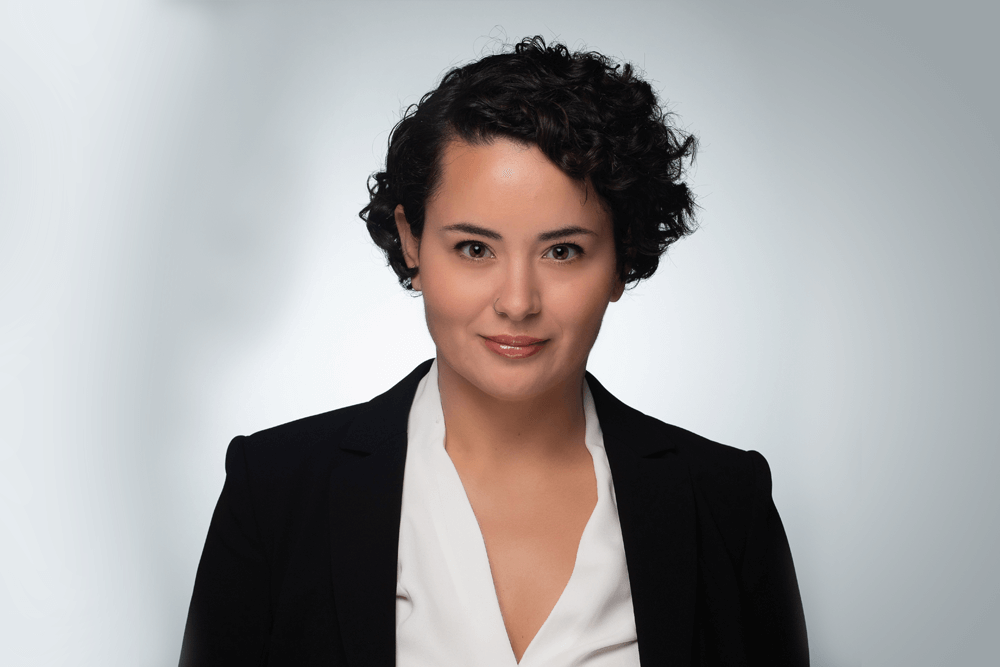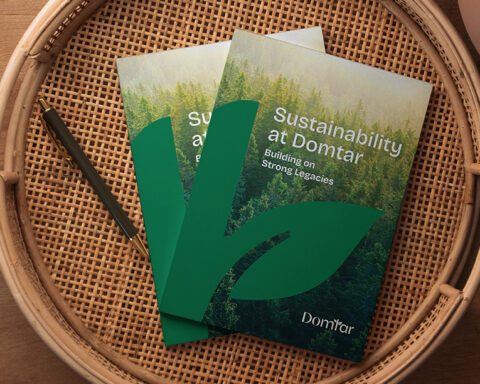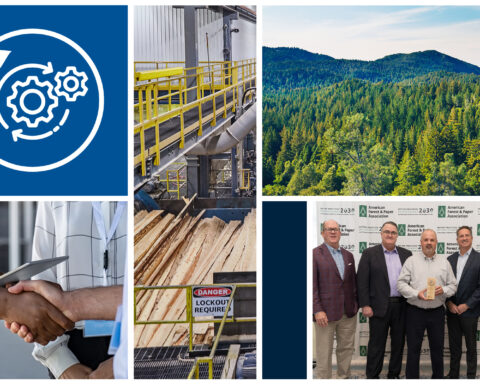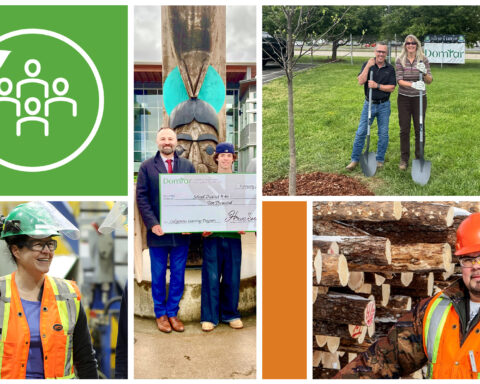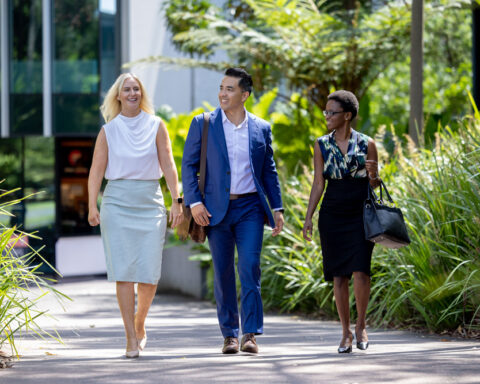As our society grapples with climate change, there has been a growing need for businesses to change the way they operate—centering sustainability in their practices. Research has shown that, despite what we may be led to believe, investors are showing greater interest in environmental, social and corporate governance performance metrics than ever before.
With these changes toward more sustainable investment behaviours, business schools have had to adapt their curriculums to feature sustainability at their core. Emphasizing sustainability in the core gives tomorrow’s business leaders a foundation on which to build new, more sustainable practices.
Take Jaquelynn Mateluna, graduate of the McGill Desautels MBA, as an example. With a BSc in biology and an MSc in Plant Sciences, in 2019 she took a leap of faith to pursue an MBA , with the goal of applying her experience in plant sciences to work with the food and agriculture value chain to develop more sustainable ways of feeding the world’s growing population.
“At the time I decided to do an MBA I was researching the genetics of leaf development and the impact that it could have on photosynthesis,” explained Mateluna. “That’s when I realized that, even though I was working on a topic that could be so impactful to food production and on crop plants, I wanted to be working more directly with the food and agriculture value chain.”
In the middle of pursuing her PhD in Germany at the time, she recognized that a career focused on research might not take her there. That in mind, she left Tübingen to work at her family’s business, to get hands-on corporate experience that she could build on with an MBA.
Looking at options where to get the degree, she considered three things; exposure to industry, academic flexibility, and focus on ESG.
“I found that McGill offered the best package,” she said. “It offered a system of benefits that would help me grow during my MBA, but also position me for success post-MBA.”
The McGill Desautels MBA emphasizes a sustainable mindset and “durable development”—a different way of thinking about business processes and finding practices that can be continued into the future.
“What ‘sustainability’ means varies by subject. It can be about using financial tools to incentivize sustainable behaviour; it can be about reducing waste in production and logistics,” explained John-Paul Ferguson, Academic Director of the McGill Desautels MBA. “This requires smarter management and analytics than we’ve had. Our MBAs also work together on live cases in our experiential courses. We have for example enabled them to work on monetization strategies in the carbon-offset market, and create commercialization strategies for biotech start-ups.”
With this in mind, Mateluna ultimately chose McGill for her MBA. While she knew she wanted to work directly with the food and agriculture value chain, she says she did not necessarily have a set goal in mind for where to work after graduating.
“Instead,” she said, “I saw the MBA as an opportunity to launch me forward in my pursuit of my personal purpose, which, for me, is to be part of the Green Revolution: the revolution happening in agriculture that’s going to ensure that we can produce enough food to sustain 10 billion people by 2050. That’s not a small task.”
She cites each semester’s unique lessons as bringing clarity to how she could pursue that practice, from both a practical and a functional perspective.
“The MBA really helped me articulate what I wanted to do and what my role would be going forward,” she said.
She credits the holistic approach the McGill Desautels MBA takes to ESG considerations with preparing her for her role as a Strategy Consultant at EY Parthenon . In her current role she helps clients across the food, agribusiness, and energy spaces to deliver long-term value to all stakeholders.
“At McGill, ESG was never really taught in a silo,” she said. “I think that’s especially valuable to me now in my work in both the energy and agribusiness spaces. We’re talking about food security and the energy transition, both extraordinarily complex topics that require holistic approaches. The emissions from food production are contributing to the very problems that are making food production increasingly difficult. It’s really a negative feedback loop. And the only way to break free of that is to ensure that ESG is at the root of every conversation that you have. Helping navigate this evolving landscape requires a holistic approach that will deliver value to all stakeholders without sacrificing financial returns.”
This type of approach, she explains, is essential to building the foundation for sustainable corporate governance in any industry. While some schools may offer some sustainability-related courses, it is not enough. While today we may be given the choice to pay attention or not pay attention to these issues, this will not be the case for long, she explained.
When asked what advice she would offer to someone interested in pursuing an MBA with the goal of working in business with a focus on ESG, she recommends finding an institution that will support you no matter your end goal.
“If you feel like your goals challenge the status quo, it’s important to find an environment that’s going to really foster that,” she says. “Feeding 10 billion people by 2050 is pretty out there, isn’t it? It’s not a standard goal for an MBA student and it was met with hesitancy from a lot of programs. At McGill, it wasn’t. McGill fostered my development, but it also gave me a platform to really pursue this purpose.”


